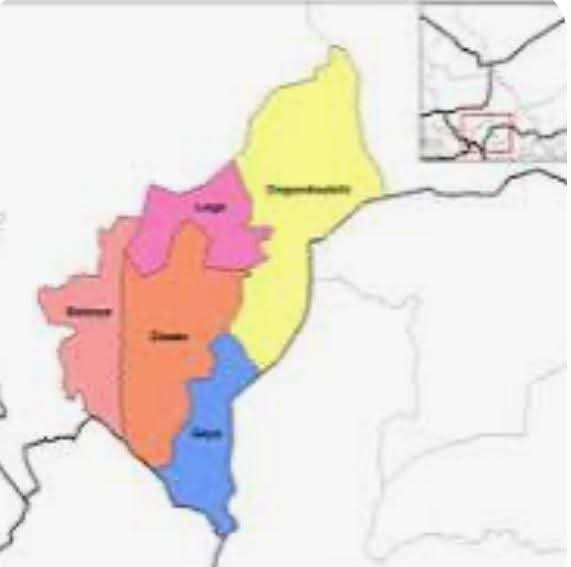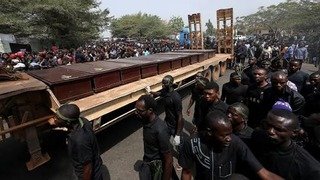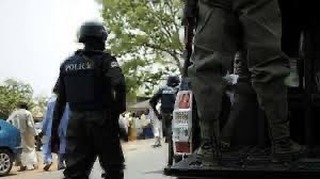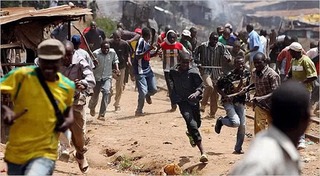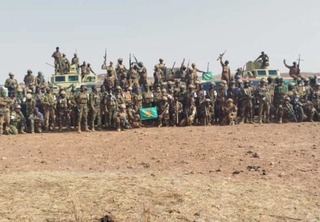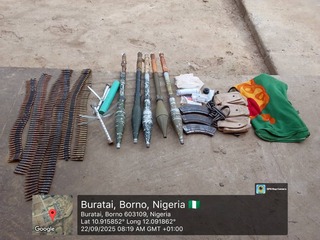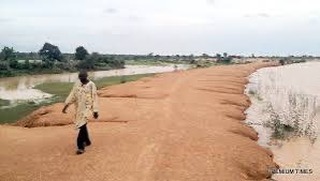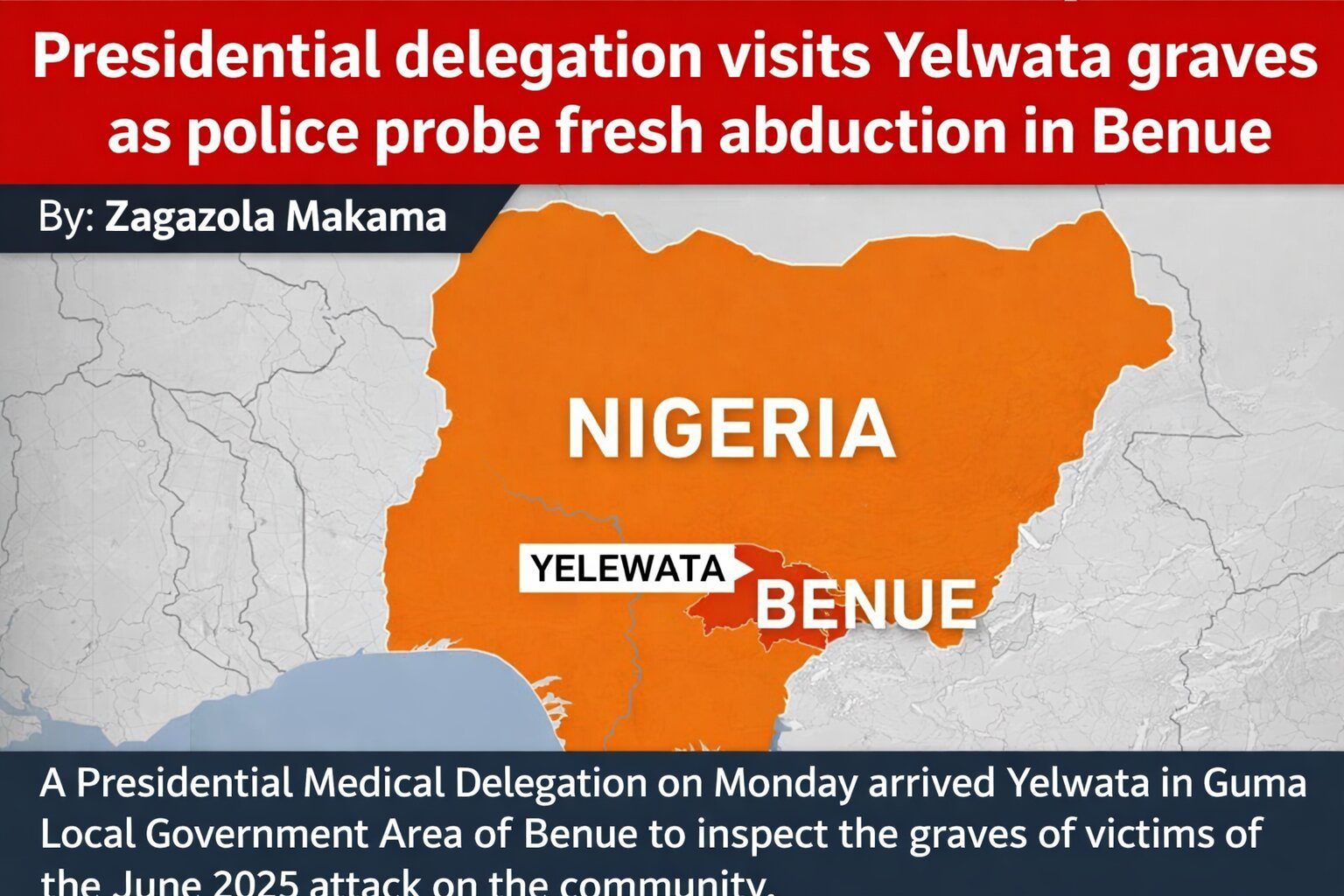Security Situation Deteriorates in Dioundiou After Deadly Attacks
The security situation in Niger’s Dosso region has taken a troubling turn following a series of deadly attacks in the Dioundiou department. Unidentified armed men on motorcycles carried out coordinated assaults on several villages on the night of Feb. 22, leaving multiple people dead and looting livestock in what appears to be a calculated escalation of violence.
Local sources disclosed that at approximately 8:20 p.m., a group of about a dozen gunmen arrived in the village of Makani, located six kilometers north of Koutoumbou. Witnesses said the attackers, riding on five motorcycles, stormed the village, opening fire on residents. The surprise assault caused widespread panic, resulting in several fatalities.
Alerted by the attack, a detachment of the Nigerian Armed Forces (FAN) stationed in Koutoumbou immediately moved to secure the area and attempt to intercept the assailants. However, within an hour, at about 9:15 p.m., two more villages Angoual Daoura and Doli, located nine and eleven kilometers east of Koutoumbou, respectively came under similar attacks.
Eyewitnesses in the affected villages reported that groups of armed men, arriving on four motorcycles each, ambushed the settlements, ransacking homes and looting a significant number of cattle before escaping northward toward Balofolo Hill.
Until recently, the Dosso region, where Dioundiou is located, was regarded as a relatively peaceful part of Niger compared to more volatile areas such as Tillabéri, which has long suffered from repeated jihadist operations. However, the latest wave of attacks signals a disturbing expansion of criminal and terrorist activities into new territories.
Over the past few years, armed groups operating along the Niger-Nigeria border have stepped up their incursions into remote villages. These groups, often composed of bandits and jihadists, are known for carrying out violent raids aimed at stealing cattle, kidnapping civilians for ransom, and executing targeted killings.
Security analysts attribute the rising insecurity in Dioundiou to several factors:
The assailants rely on motorcycles to execute swift and well-coordinated attacks, allowing them to strike multiple villages within a short time and retreat quickly before security forces can respond.
Many rural areas in Niger, including Dioundiou, have limited security infrastructure, making them vulnerable to armed groups. The absence of permanent military outposts leaves communities exposed to repeated assaults.
The proximity of the region to Nigeria, where criminal gangs and terrorist factions such as Boko Haram operate, has facilitated the movement of armed groups across the border with little resistance.
Traditional self-defense groups, which once played a role in protecting villages, have been weakened by ongoing conflicts, forced displacements, and a lack of resources.
The resurgence of violence in Dioundiou has sparked fear among residents, many of whom depend on agriculture and livestock for survival. Repeated attacks on their communities have not only resulted in loss of life but have also threatened their economic stability.
Security experts warn that if the authorities fail to implement an effective response, Dioundiou risks descending into a cycle of violence similar to what has been observed in other conflict-ridden regions like Tillabéri and Diffa.
The growing insecurity could also trigger large-scale displacement, as residents flee to safer urban areas or seek refuge across the border in Nigeria. Such a movement could further strain already fragile infrastructure and social services in host communities.

